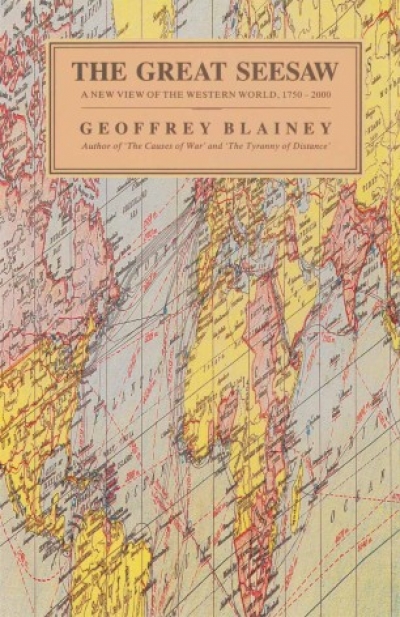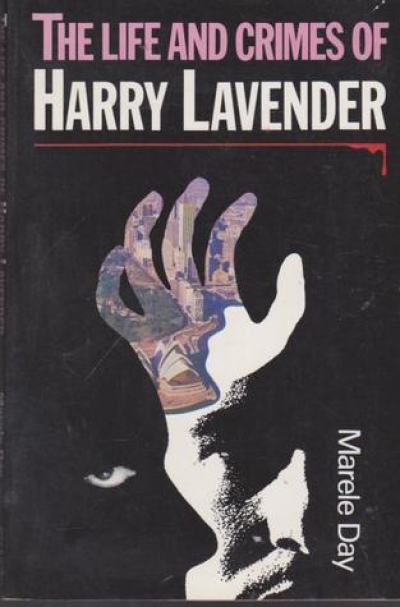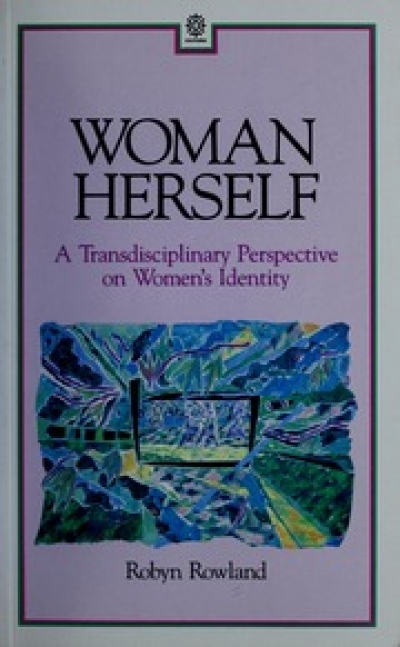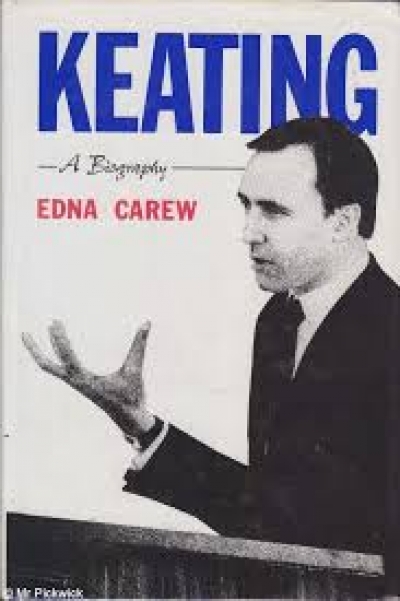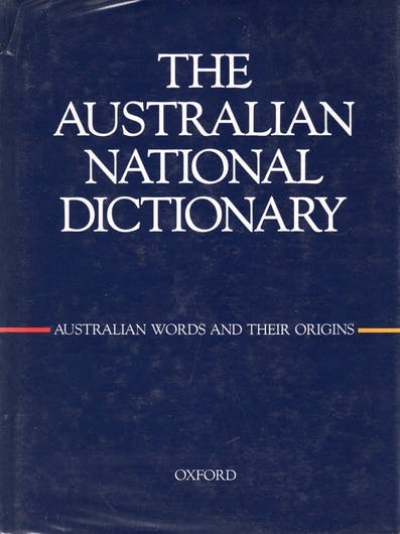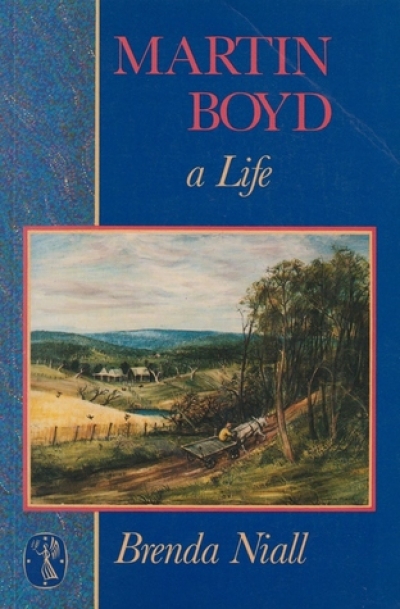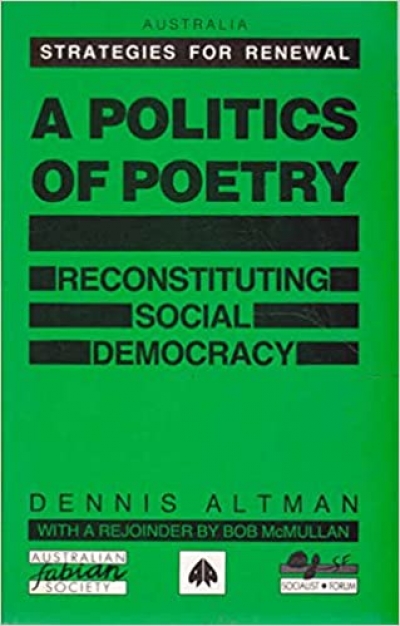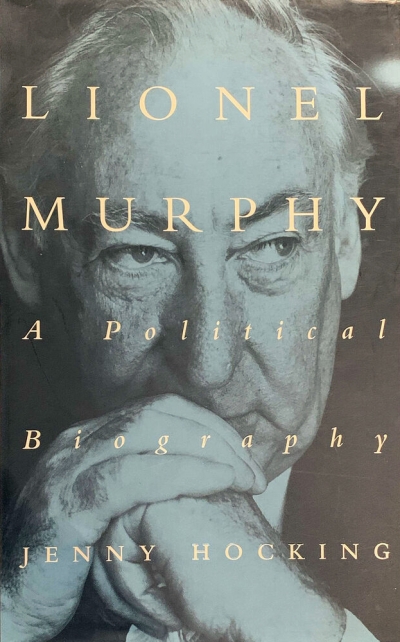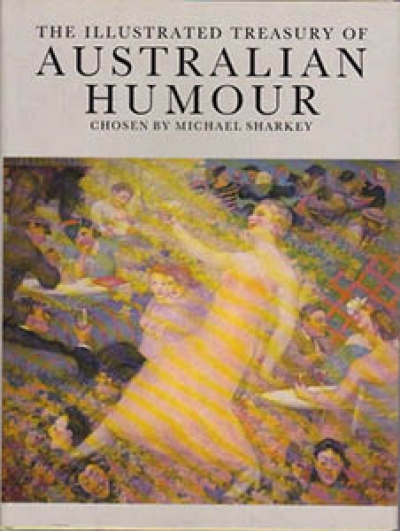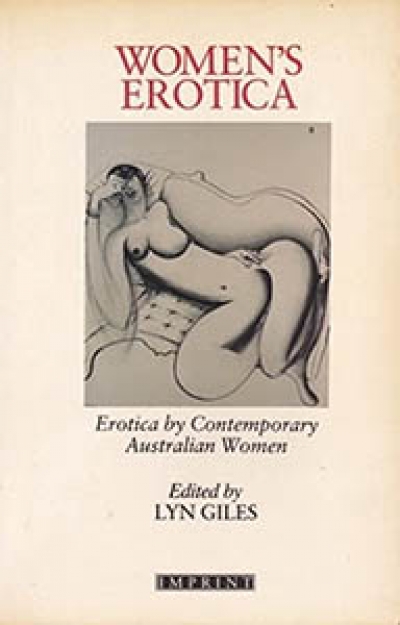Archive
The Great Seesaw: A new view of the Western world 1750–2000 by Geoffrey Blainey
by G.C. Bolton •
Woman Herself: A transdisciplinary perspective on women’s identity by Robyn Rowland
by Terry Threadgold •
The Australian National Dictionary: Australian words and their origins by W.S. Ramson
by Jack Hibberd •
A Politics of Poetry: Reconstituting social democracy by Dennis Altman
by Judith Brett •
The Illustrated Treasury of Australian Humour edited by Michael Sharkey
by Patrick Cook •

